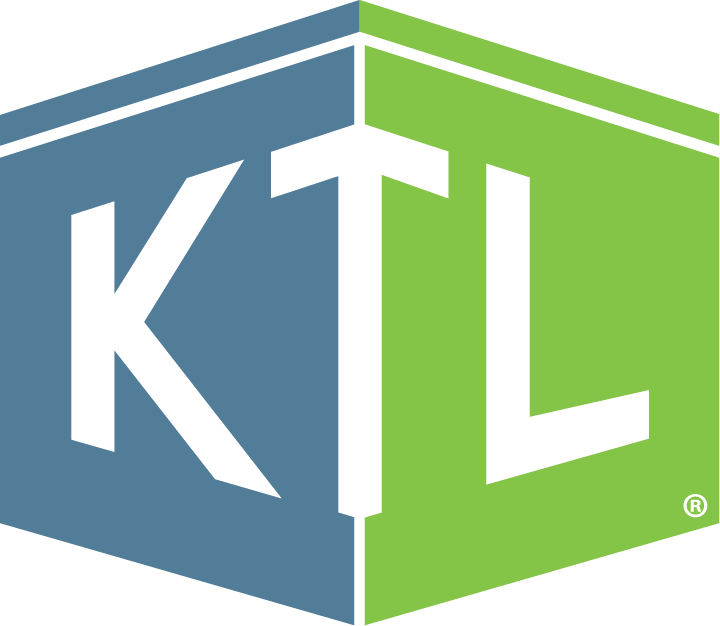
Food Safety
Comments: No Comments
Before food can be imported into the U.S., it is subject to FDA inspection. These inspections are intended to ensure food imports are safe, sanitary, and properly labeled. While important in maintaining food safety, this process can be long and onerous. The Voluntary Qualified Importer Program (VQIP) was created by FDA to expedite this process.
What Is VQIP?
In essence, VQIP acts as the “TSA line” for food into the U.S. The voluntary program allows foreign suppliers to get expedited entry for their food products into the U.S., provided importers meet all eligibility criteria, including offering food from a facility certified under FDA’s accredited third-party program (see below).
Why Is VQIP Important?
There are a number of reasons a U.S. importer might choose to participate in VQIP, including the following:
- Enables expedited entry into the U.S. for all foods included in an approved application.
- Limits examination and/or sampling to “for cause” situations in which there is a potential threat to public health; any sampling or examination is done at destination or another location chosen by the importer and laboratory analysis of any samples is expedited.
- Provides assurance that a foreign supplier complies to FSMA rules, avoiding the need to further assess the supplier.
- Incentivizes importers to adopt a robust system of supply chain management.
- Moves any perishable or short shelf-life product through the border quickly.
For foreign suppliers, there are also several benefits:
- Reduces the extra work of proving status as it relates to compliance to FSMA rules.
- Opens doors to new clients by making it easier for a U.S. importer to choose certified products versus a non-certified competitor.
Beyond that, VQIP further benefits public health by allowing FDA to focus its resources on food entries that pose a higher risk to public health.
What Are the Eligibility Requirements?
A company must be a food importer to participate in VQIP (i.e., a person/entity that brings food or causes food to be brought from a foreign country into the U.S.). In addition, the following criteria must be met on the importer and the foreign supplier sides:
- Have 3+ years history of importing food to the U.S.
- Have a Dun & Bradstreet Data Universal Number System (DUNS) number (used as a unique identifier number)
- Use paperless filers/brokers who have received acceptable results during their last FDA Filer Evaluation
- Do not have any food you import subject to detention under an Import Alert or Class 1 recall
- Do not have any ongoing FDA administrative or judicial action, or other history of non-compliance with food safety regulations by the importer, other entities in the supply chain, or food
- Are in compliance with supplier verification and other importer responsibilities under the applicable FSVP or HACCP (i.e., juice, seafood) regulations
- Have not been the subject of any CBP penalties, forfeitures, or sanctions related to the safety or security of any FDA-regulated product imported or offered for import
- Have current facility certification, including farms, issued under FDA’s Accredited Third-Party Certification regulations for each foreign supplier of food in VQIP (see below)
- Develop and implement a Quality Assurance Program (QAP) (see below)
What Is Foreign Supplier Facility Certification?
VQIP is regulated by the FSMA rule on Accredited Third-Party Certification. This is a voluntary, fee-based program for the recognition of third-party auditors to conduct food safety audits and issue certifications of foreign sites and the foods they produce. An accredited third-party can perform audits against the Food, Drug and Cosmetics (FD&C) Act and other FDA applicable regulations, and issue a certificate attesting compliance.
Foreign suppliers must have a facility certification, which would be issued following a regulatory audit conducted by an accredited third-party certification body. This audit attests that the foreign supplier complies with applicable food safety requirements of the FD&C Act and FDA regulations. Note that certifications are not required for Foreign Supplier Verification Program (FSVP) and Preventive Controls rules.
What Is Included in the QAP?
According to the FDA, the VQIP QAP includes all the written policies and procedures the facility will use to ensure adequate control over the safety and security of foods being imported. The QAP should include the following information:
- Corporate quality policy statement relating to food safety and security throughout the supply chain
- Organizational structure, as well as functional responsibilities for those implementing the VQIP QAP
- Food safety policies and procedures to be implemented to ensure food safety from source to entry into the U.S.
- Food defense policies and procedures to ensure compliance with FDA’s intentional adulteration regulation
- Qualification requirements for employees responsible for implementing the VQIP QAP (e.g., knowledge of regulations, understanding of the QAP)
- Procedures for implementing your VQIP QAP
- Procedures for establishing and maintaining records regarding the structure, processes, procedures and implementation of the QAP
- Definitions
- References
How Do I Become Part of VQIP?
Importers must apply between January 1 and May 31 annually to be considered for VQIP. The VQIP fiscal year/benefit period is between October 1 and September 30, following application approval. Participants must submit an application every year; however, you may use data from the previous year’s application.
FDA will conduct a VQIP inspection to verify that you meet all eligibility criteria and have fully implemented food safety and food safety defense systems, as established in your QAP. FDA may also:
- Conduct an FSVP inspection
- Request a copy of food labels for those foods included in the application
- Ask you to submit supporting documentation (e.g., hazard analysis, lab results, food labels)
Additional information on VQIP and the application process can be found on the FDA website.
